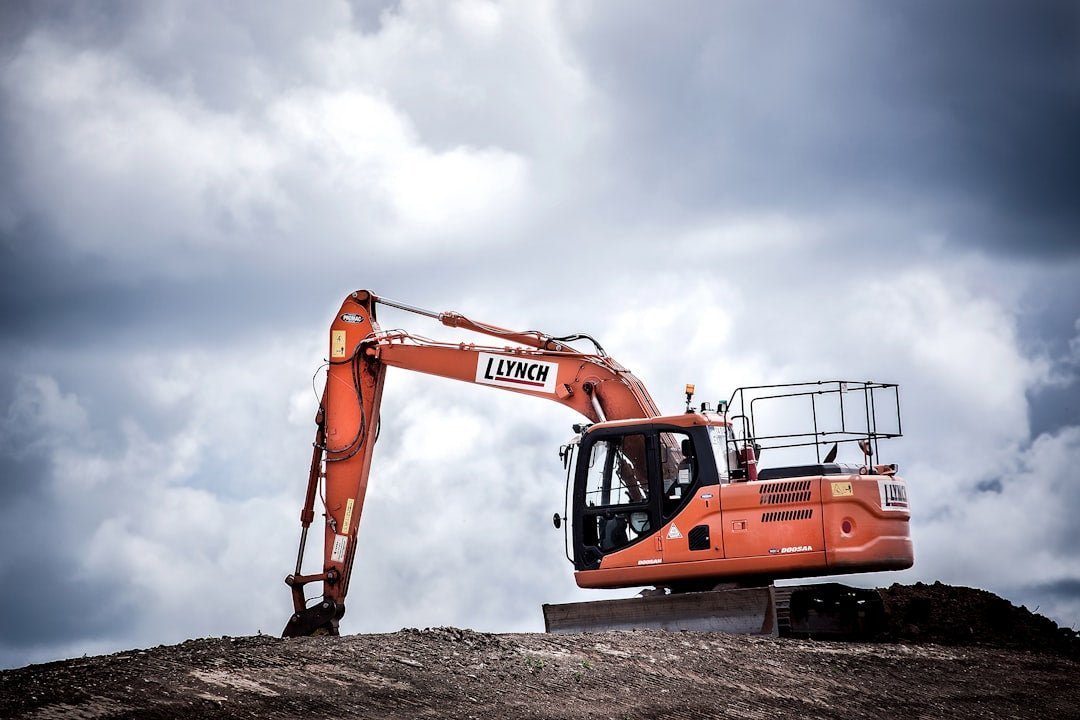
Unveiling the Versatile World of Industrial Tarps in Construction
In the construction industry, efficiency and durability are key to success. A tool that has proven invaluable in enhancing both factors is the industrial tarp. As construction projects increase in complexity, the need for protective and reliable materials becomes essential. In this blog, we will explore the various applications of industrial tarps in construction and how they help in streamlining processes, ensuring safety, and preserving materials. Whether you are a contractor, project manager, or DIY enthusiast, understanding the utility of tarps can elevate your construction game.
The Role of Industrial Tarps in Construction
Industrial tarps have become a staple in construction, serving multiple purposes. Their durability, weather resistance, and versatility ensure that they can be utilized in a variety of scenarios. Here are some common applications of industrial tarps in construction:
1. Weather Protection
Construction projects are often at the mercy of unpredictable weather conditions. Heavy rains, snowfall, or intense sunlight can hinder progress and lead to materials being damaged. Industrial tarps provide a protective layer against the elements:
- Shielding Materials: Tarps are used to cover raw materials like wood, cement, and equipment, keeping them dry and safe from adverse weather.
- Worksite Enclosures: Temporary structures can be created using tarps to provide shelter for workers during inclement weather.
2. Equipment Protection
Heavy machinery and tools are vital for any construction project, and protecting them from wear and tear is crucial. Industrial tarps help in securing equipment from environmental damage:
- Preventing Rust and Corrosion: Using tarps to cover machinery when not in use prevents moisture accumulation, thereby reducing the risk of rust.
- Preserving Lifespan: By shielding equipment from the sun and harsh weather, tarps help in prolonging their operational life.
3. Site Safety
Construction sites can be hazardous areas. Ensuring the safety of workers and the public is paramount. Industrial tarps play a crucial role in maintaining a safe construction environment:
- Barricades: Tarps can be used to create makeshift barriers, helping to keep unauthorized personnel out of dangerous areas.
- Debris Containment: During demolition or remodeling, tarps can catch falling debris, reducing the risk of accidents.
4. Ground Cover
When digging or laying foundations, protecting the ground is essential to maintain the integrity of the worksite:
- Moisture Control: Using tarps as ground covers helps control moisture levels during excavation, preventing water buildup.
- Surface Protection: Tarps can protect existing surfaces from damage due to heavy machinery or movement of materials.
5. Storage Solutions
Construction sites can experience a lack of storage space. Here, industrial tarps step in as an effective storage solution:
- Temporary Tarps-Shelters: Tarps can be utilized to create temporary shelters for storing materials, protecting them from weather damage.
- Easily Adjustable: Tarps can be moved and adapted as needed to accommodate changes in project layouts or material needs.
Why Choose Industrial Tarps?
While there are numerous protective materials available, industrial tarps stand out for several reasons:
Durability
Industrial tarps are made from heavy-duty materials that are designed to withstand harsh conditions. Their resistance to tearing, fraying, and UV rays makes them ideal for construction sites where wear and tear are common.
Cost-Effectiveness
Using industrial tarps as a protective measure can save construction companies significant amounts of money. By preventing material loss and reducing equipment damage, tarps contribute to overall project efficiency.
Easy to Use
Industrial tarps are lightweight and easy to handle, allowing for quick setup and removal. This characteristic makes them a popular choice for construction workers who need to adapt quickly to changing environmental conditions.
Best Practices for Using Industrial Tarps
To maximize the benefits of industrial tarps, consider the following best practices:
1. Proper Installation
Ensure that tarps are securely fastened to withstand strong winds and prevent them from being displaced. Use weights or tie-downs for added stability.
2. Regular Inspections
Inspect tarps regularly for signs of wear or damage. Address any issues promptly to ensure ongoing protection.
3. Choosing the Right Material
Different tarps are made from varying materials, suited for specific tasks. Be sure to select industrial tarps that match the demands of the project.
Wrapping It Up with Purpose
In summary, industrial tarps are more than just a simple solution for covering materials; they play a crucial role in the efficiency and safety of construction projects. Their multiple applications—from weather protection to site safety—make them an essential tool for any contractor. By understanding and leveraging the benefits of industrial tarps, you can ensure that your construction processes are seamless and successful. Discover how incorporating these protective solutions can safeguard your projects and give your construction endeavors a significant edge. Embrace the tarps revolution today!
